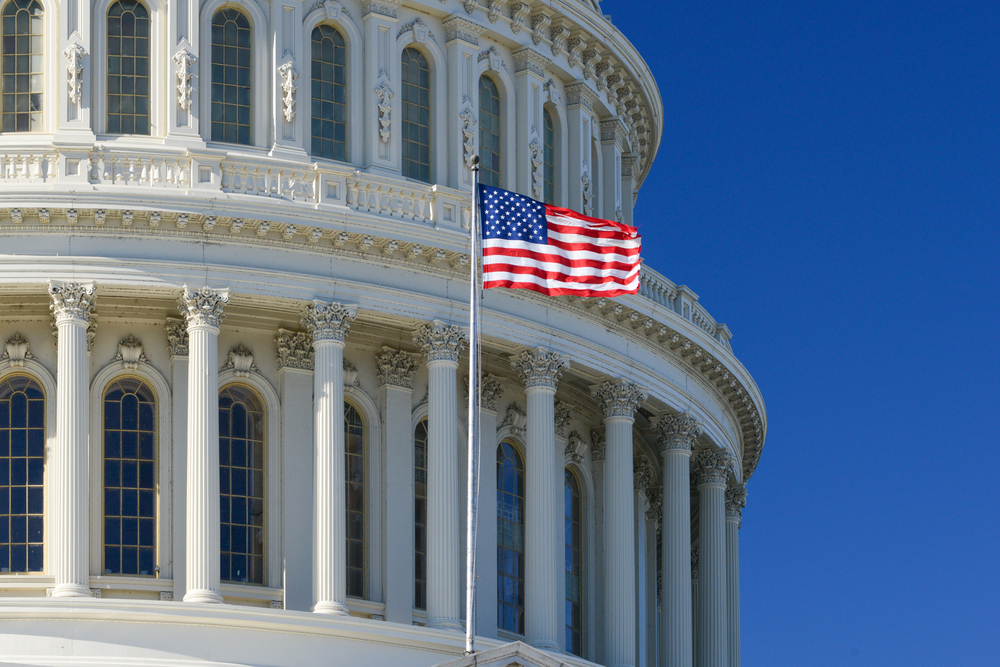
U.S. agencies need a more predictable and accessible source of funds to support a rapid response to public health emergencies, including outbreaks of disease and bioterror attacks, U.S. Rep. Tom Cole (R-OK) said Wednesday.
Cole addressed a panel of government officials testifying at a House Appropriations Committee hearing aimed at helping lawmakers craft a fiscal year 2019 budget for the nation’s biodefense activities that fall under the purview of the U.S. Department of Health and Human Services.
“While I realize that your fiscal year 2019 budget request was submitted before Congress completed the fiscal year 2018 omnibus, I’m still concerned that the administration’s budget request for biodefense activities is inadequate to address the gaps in the country’s preparedness for future health emergencies,” said Cole, chairman of the House Appropriations Subcommittee on Labor, Health and Human Services, Education and Related Agencies.
Congress also is currently is considering reauthorization of the Pandemic and All-Hazards Preparedness Act by a Sept. 30 deadline. The act was first signed into law in 2006 by President George W. Bush after the U.S. government’s highly criticized response to Hurricane Katrina and a decade after a frightening Sarin gas attack in a Tokyo subway station. Reauthorized in 2013, the law is intended to improve the nation’s preparedness and response to public health emergencies.
The topic of biodefense has taken on significant gravity in the wake of various major incidents including outbreaks of Ebola in West Africa, Zika in the Americas, the recently severe influenza season in North America, especially destructive wildfires in the western United States, a pattern of increasingly destructive Atlantic hurricanes, chemical weapons attacks in the Syrian civil war and the poisonings of former Russian spies in England with nerve and radiological agents.
“I think we’re at an inflection point, personally, where a lot of good work has been done over a lot of years but we really need to develop a national consensus that this is an important investment that needs to be done on a sustained basis,” Cole added. “And we need to think of ways that we can strengthen the structures and, frankly, just institutionalize the response to those pandemics and the dangers that we face of a bioterrorist event.”
During Wednesday’s hearing Cole asked witnesses their opinions on the idea of a “rapid response reserve fund” that would be available to agencies immediately, rather than having them wait for an appropriation from Congress.
“This is something that we need,” said Dr. Stephen Redd, director of the Office of Public Health Preparedness and Response at the U.S. Centers for Disease Control and Prevention. “We are really hamstrung during that period of recognizing the problem and being able to fully respond when we don’t have funding.”
Redd said it took 54 days to obtain funding for activities related to the H1N1 virus. It took 190 days to receive funds for a response to the Zika virus and four months for funding to respond to the Ebola outbreak.
“Speed is really necessary,” said Dr. Robert Kadlec, assistant secretary for preparedness and response in the U.S. Department of Health and Human Services.
Kadlec said the concept is similar to the government’s approach to natural disaster relief where Congress anticipates that disasters will occur and sets money aside in advance.
“Giving the secretary the authority to do this under a declared public health emergency with, obviously, the obligation to notify Congress as to not only the utilization of the fund but how it will be utilized, it would seem like an appropriate and responsible way to better position the United States government, HHS, to basically respond,” Kadlec added.
“Whether it be a need for enhanced diagnostics, deployment of personnel or logistics or supporting state and local authorities in their response activities, it would seem that would be vital to have,” Kadlec said.
Because the technology that can be used to develop and deliver biological and chemical warfare agents is evolving rapidly, the threat of an attack on the United States is not diminishing as a result of the government’s countermeasures, but is increasing, said U.S. Rep. Andy Harris, (R-MD).
Harris said it falls on the committee’s shoulders to make sure the nation’s biodefense effort is funded adequately.
As Wednesday’s hearing drew to a close, Cole reiterated his view.
“The aim here was really to think deeply about what I think is an ongoing national challenge that we’ve been handling sort of episodically and pretty successfully,” he said. “But maybe we need to do some real thought here and create, as my friend Mr. Harris pointed out, some stability in the funding stream here so that both the agencies responsible and, frankly, the private industry – which is pretty important in providing the capacity we need – can plan ahead.”
Cole maintained that pandemics have become a fact of life. “They’re going to keep coming. And, if anything, the last few years should have taught us that everything from natural disasters to what nature throws at us is going to get worse, probably, not better. So we better build the capacity to deal with them now while we’ve got the time and the focus and the interest,” he said.
“We’re all, I think, very concerned about a bioterrorism event,” Coles added. “Bad things can be pretty easily replicated by bad people, unfortunately. And if we don’t have the ability to respond and contain quickly it could really be a really bad day for the American people.”




